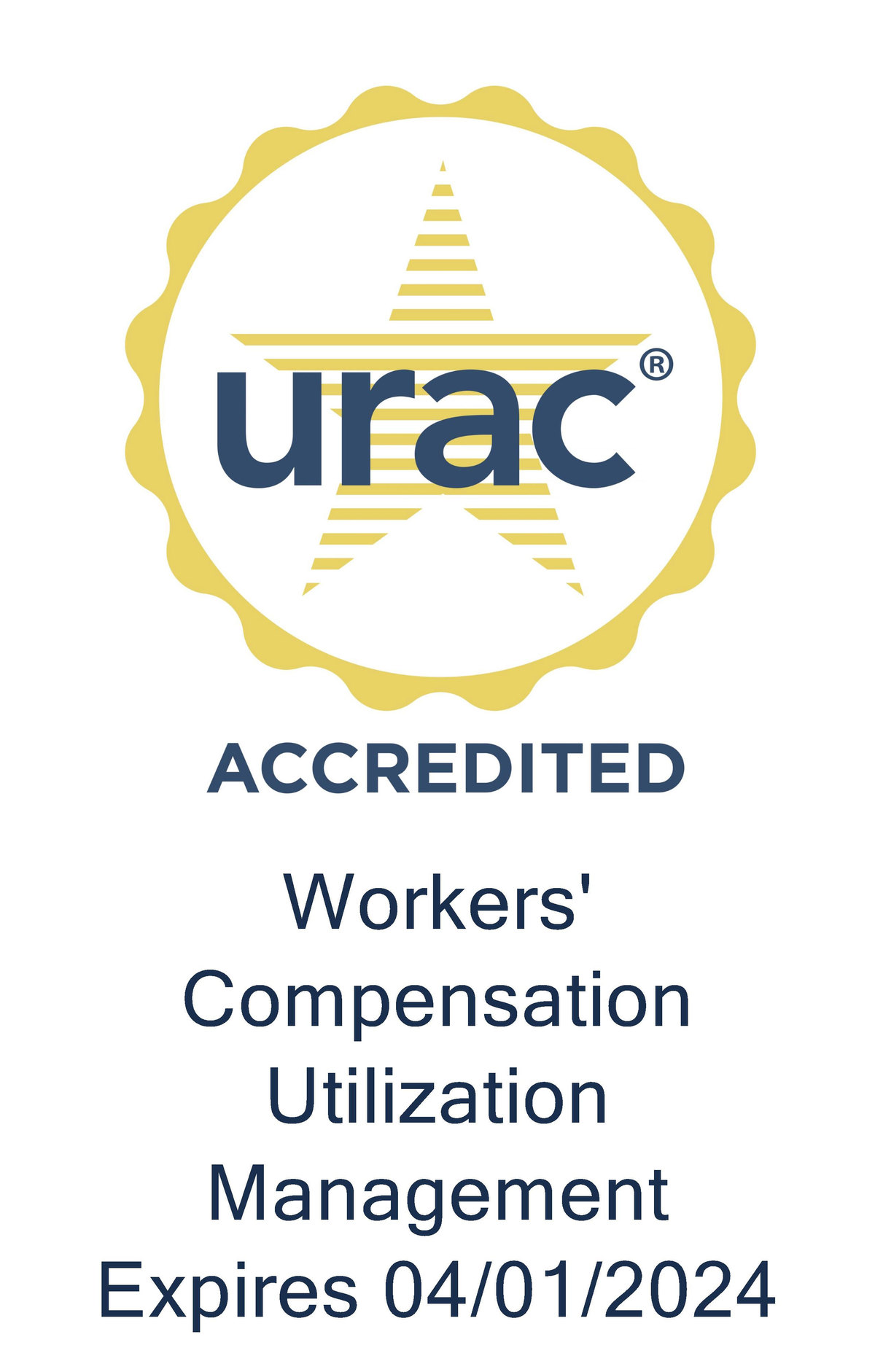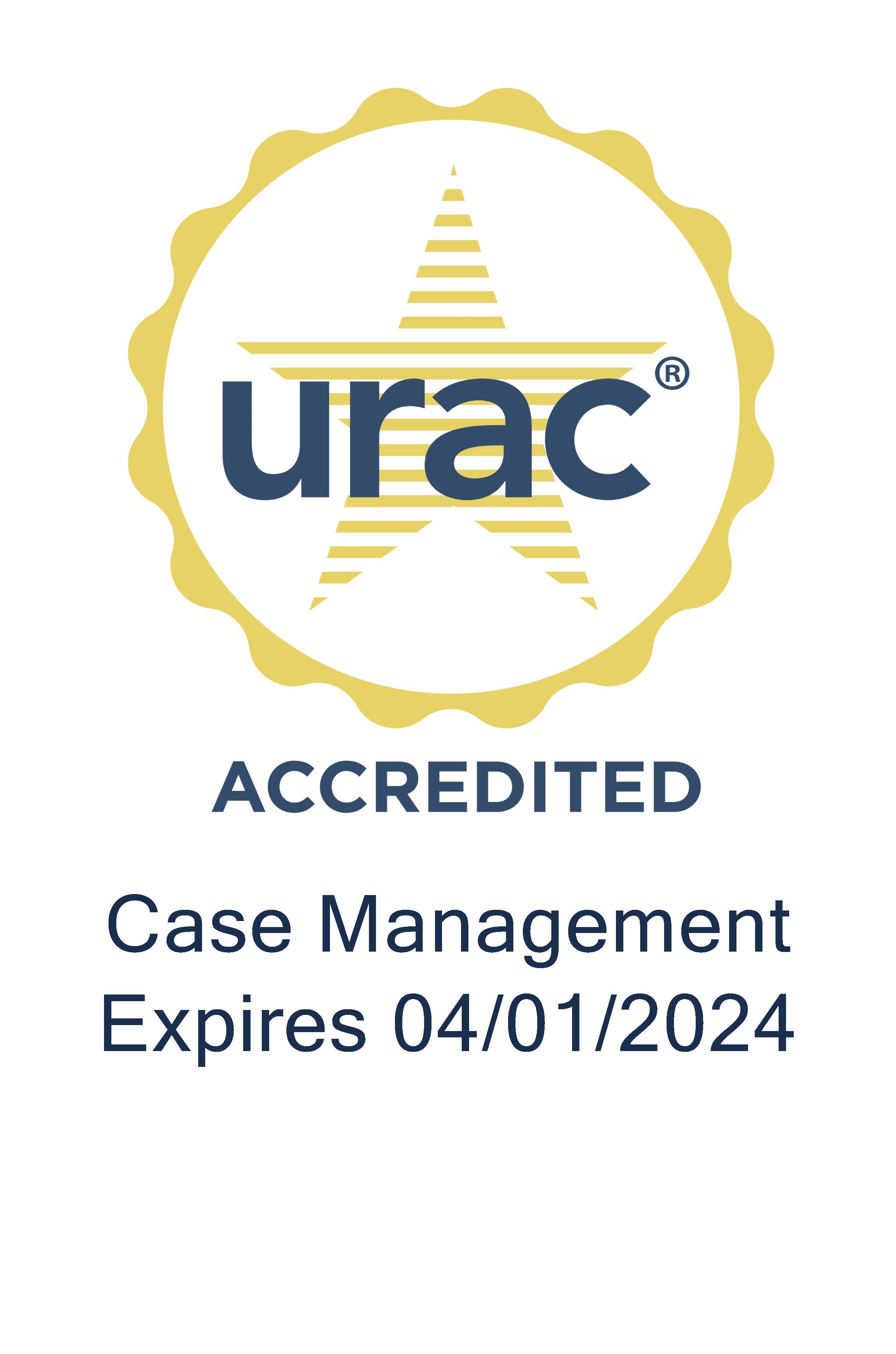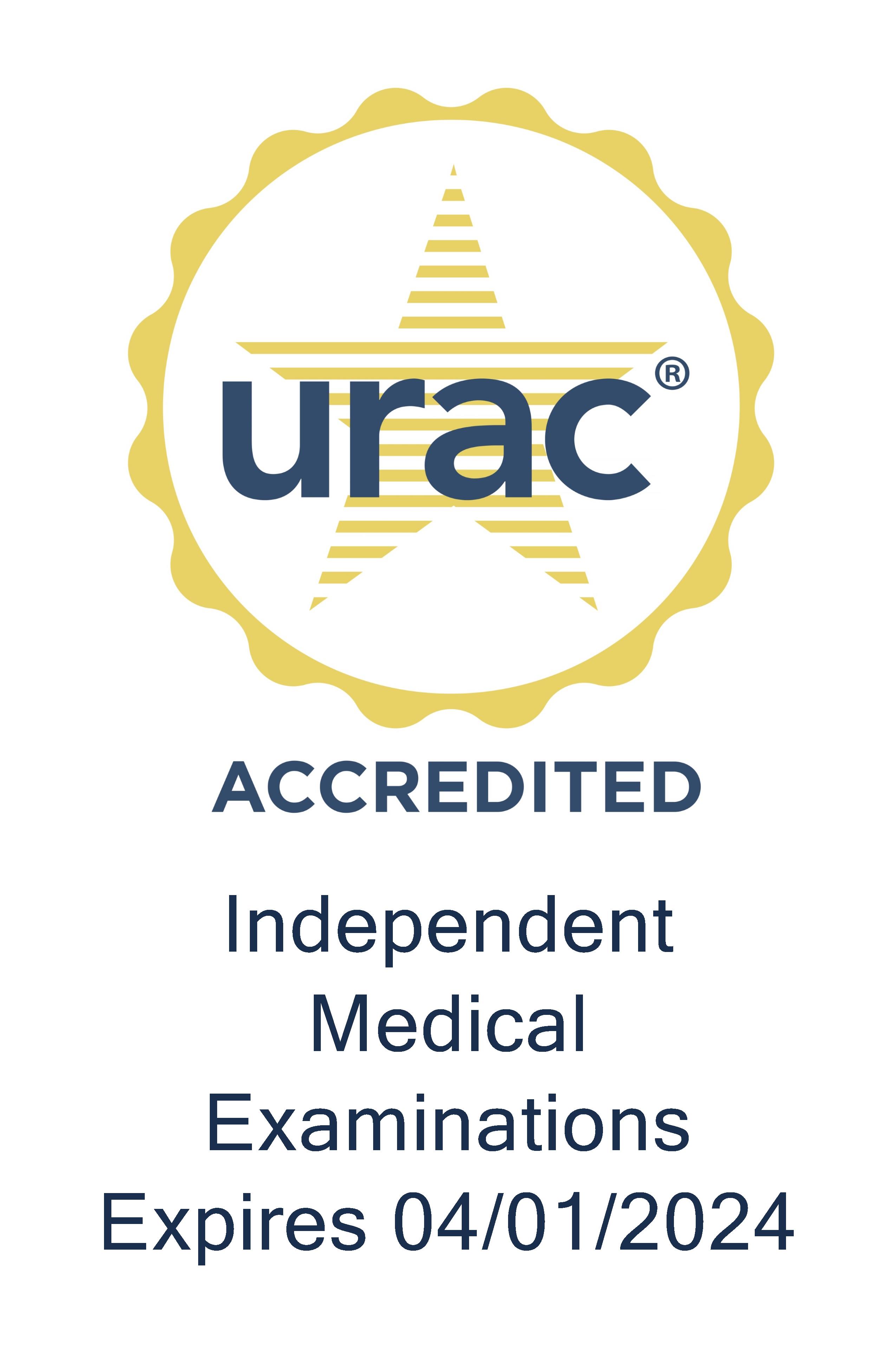Opioid Management in Workers’ Comp: Is Case Management the Missing Link?
Opioid abuse has been in the crosshairs of workers’ comp regulators for the past decade. While there have been some hits and misses in the industry’s attempts to control these substances, gaining a better understanding of the roots of the problem and what companies are doing to address it, has led to better solutions. That’s why I was fascinated with the recent piece by noted columnist Peter Rousmaniere, “Getting Off Opioids.”
In his Workerscompensation.com column, Rousmaniere details how opioid prescribing in workers’ comp went mostly unmonitored for more than a decade until the industry started to fully appreciate the scope of the epidemic. Since 2010, efforts have been made to incorporate better pharmacy management protocols and well as weaning efforts.
One of these solutions involves case management and how these professionals influence opioid management and weaning. To get a better understanding, Rousmaniere talked with Genex’s National Director of Case Management Mariellen H. Blue RN, CCM, and Product Manager of Case Management Kelly Zuppe, RN, who shared how our Rx Case Management Intervention (RCMI) works:
RCMI is initiated after our Comprehensive Pharmacy Review (CPR) has taken place. This means a pharmacist or peer physician has already conducted an evidence-based peer review of prescriptions and the prescriber’s treatment plan. This peer review will include recommendations to modify the drug therapy—and will typically include weaning or tapering. If the pharmacist or peer physician is unable to reach an agreement with the provider—or the provider agrees, but does not implement the changes, the case is referred for RCMI.
In RCMI, a case manager (CM) arranges an onsite visit with the prescriber. The CM will take the peer-review report, sit down with the prescriber to review the recommendations, and try to come to an agreement. The modified plan might include:
- Gradually lowering the morphine equivalent dose over time
- A plan to facilitate weaning, tapering or discontinuation of one or more narcotics
- Conversation from a brand to generic medication, conversion to mail order, transfer to a PBM pharmacy network, conversion from physician dispensing to pharmacy dispensing, urine drug testing to monitor narcotic use
- Recommendations to use supportive therapies, such as physical therapy, aquatic therapy, cognitive behavior training, home exercise, home stretching program, biofeedback therapy, and work hardening.
In 57.3% of the RCNI cases, the prescriber agrees to all or part of the modifications.
Genex works with customers to address long-term problem cases, but one of our main goals is to also engage clients on a more proactive basis, where case managers are helping to identify narcotic risk factors from day one. This includes a detailed medication assessment, where case managers look for risk factors that could signal the injured worker is at risk for opioid addiction. If these issues are addressed early, it can go a long way in preventing dependency and addiction from occurring in the first place.






